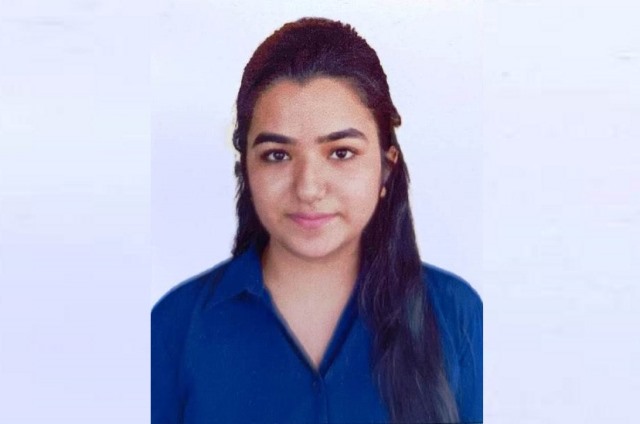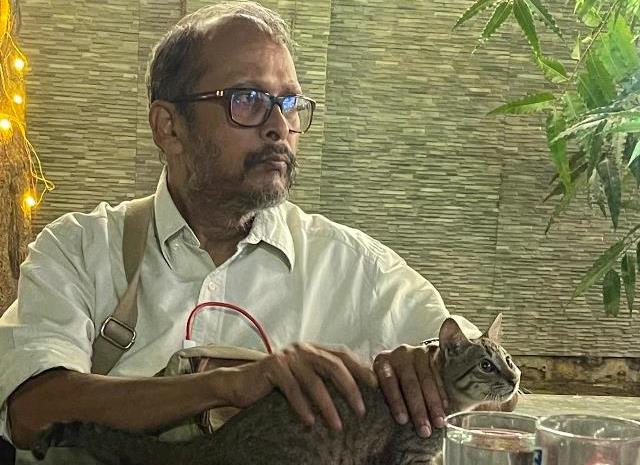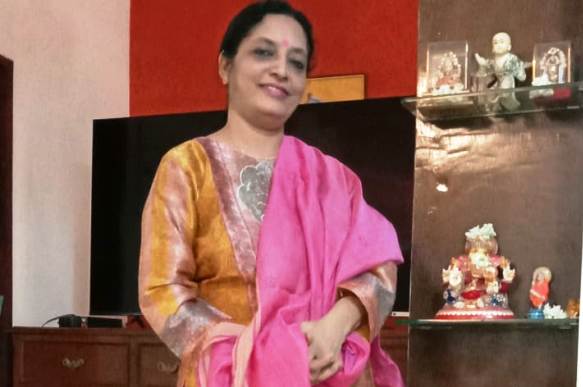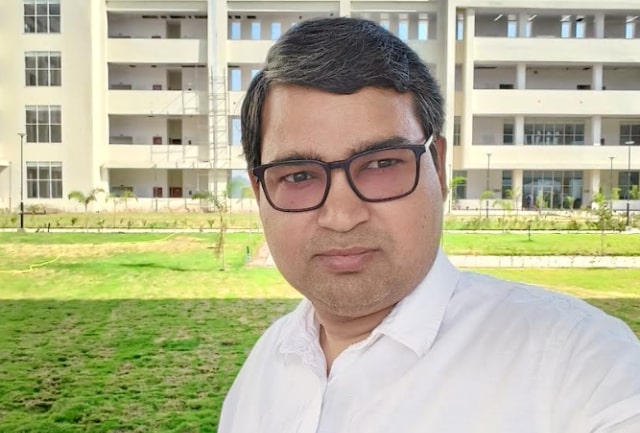NR Mohanty, a teacher, commentator & social media influencer, says India has few backers on geopolitical chessboard to support its action on Indus Water Treaty. His views
Can India walk out of the 65-year-old Indus Water Treaty (IWT) unilaterally?
The answer is both ‘Yes’ and ‘No’. Yes, because we live in a lawless world. Although there is no one-sided exit clause in the IWT treaty, who can prevent us if we choose to do so! If the International Court of Justice (ICJ) indicts us, we can turn around and say, “ICJ, who?”
Didn’t Israel pooh-pooh the ICJ decree that the Jewish State was committing genocide in Gaza? Let’s remember the famous Thucydides’ line: “The strong do what they can; the weak suffer what they must.”
Israel can get away because it’s backed by the USA, militarily and economically the most powerful country in the world. Unfortunately, India has no backers, strong or weak. Not a single country has backed Operation Sindoor, India’s military retaliation against Pakistan, for sponsoring cross-border terrorism
After a seven-nation multi-party delegation went on a taxpayer-funded trip to 35 capitals of the world to convey India’s message about Pakistan being the hub of international terrorists, the UN Security Council designated Pakistan as the Chair and Vice Chair of two UN panels overseeing anti-terrorist activities
This amounted to a tight slap on the face of Indian diplomats and members of the seven-party delegation. Rubbing salt on injury, a top US General said on June 11 that Pakistan has been a valuable collaborator in the fight against terror!
Just ask those 50-odd individuals, who went on fortnight-long expensive vacation, if any country has endorsed the weaponisation of water by India in the Indo-Pak conflict — you will draw a blank. No country will say India is right in withholding water to Pakistan. Water is a natural resource; just because you are an upper riparian state, you have no moral or legal right to squeeze the tap meant for the lower riparian state. But India can go ahead and do so in complete disregard of the moral and legal imperative.
India says that it has only kept the IWT in abeyance, it has not abrogated it. India’s stated position is that the treaty will remain suspended until Pakistan mends its ways and gives up on terror. When Pakistan has never admitted to its cross-border terrorist activities, and when the UN Security Council is certifying its anti-terror credentials, how do you expect it to mend its ways?
So, it’s a fait accompli; the suspension of IWT remains in force for an indefinite period. What are its consequences?
It’s going to be disastrous. After all, 80% of Pakistan’s agriculture is dependent on Indus water; more than 90% of the water is used for non-agricultural purposes and sourced from the Indus. Imagine if India successfully obstructs the flow of water to Pakistan, our hostile neighbour will turn into an arid land and millions will die of starvation! As India Today Group Editorial Director Raj Chengappa said the other day on TV, it’s a scenario ripe for a nuclear strike by Pakistan. “If you are dying, why not kill and die” would be the template for its military bosses, he said.
ALSO READ: ‘Poonch People Want Peace; War Only Brings Misery’
However, such an apocalyptic scenario is not likely to happen. It’s because India does not have the capacity to hold back the Indus in spate. The infrastructure needed to do so would cost billions and take decades to build, with all its ecological consequences. Yes, India can inflict pain on Pakistan during the lean season and damage the Rabi crops. It can withhold hydrological data and cause flash floods in parts of Pakistan.
Can Pakistan’s close ally, China, come to its rescue? China can’t help procure water for its friend, but it can cause damage to the common enemy, India. After all, in case of the Brahmaputra river, China is the upper riparian state and India is at the receiving end. Brahmaputra’s water is not as central to India’s needs as Indus is to Pakistan’s.
The Assam CM’s bravado that Assam would do better if China stops Brahmaputra water is a semi-educated response. His logic is that without Brahmaputra water, the annual flooding of Assam will stop during every monsoon. If China decides to build big dams on Brahmaputra — it has the advanced technology and financial wherewithal to do so — then it can cause intermittent floods in Assam round the year, causing unspeakable devastation. However, China is a prudent country; it will not invest billions just to punish India!
That brings us to the question: what is the endgame of the Indus Water Treaty theatre?
I have a hunch that it will end the same way the ceasefire after Operation Sindoor came about. There will be a hush-hush deliberation: the US team will prevail on India to restore the agreement; Trump will announce on ‘Truth Social’ that he helped broker the deal. Pakistan will profusely thank him for his mediation. India would say, without contradicting Trump, that it considered Pakistan’s appeal and agreed to restore the IWT. Our PM will go on TV to announce that he revoked the suspension of IWT as Pakistan agreed to stop cross-border terrorism.
Everyone will cheer. After all, a small diplomatic lie is par for the course to avert a big military disaster!
(The narrator, a former president of the JNU Students’ Union, has been the director, Jagran Institute of Management and Mass Communication (JIMMC), Noida. He is a former resident editor, The Times of India and Hindustan Times, Patna edition. His commentary on a current affair issue every morning is widely read on social media.)
As told to Amit Sengupta



